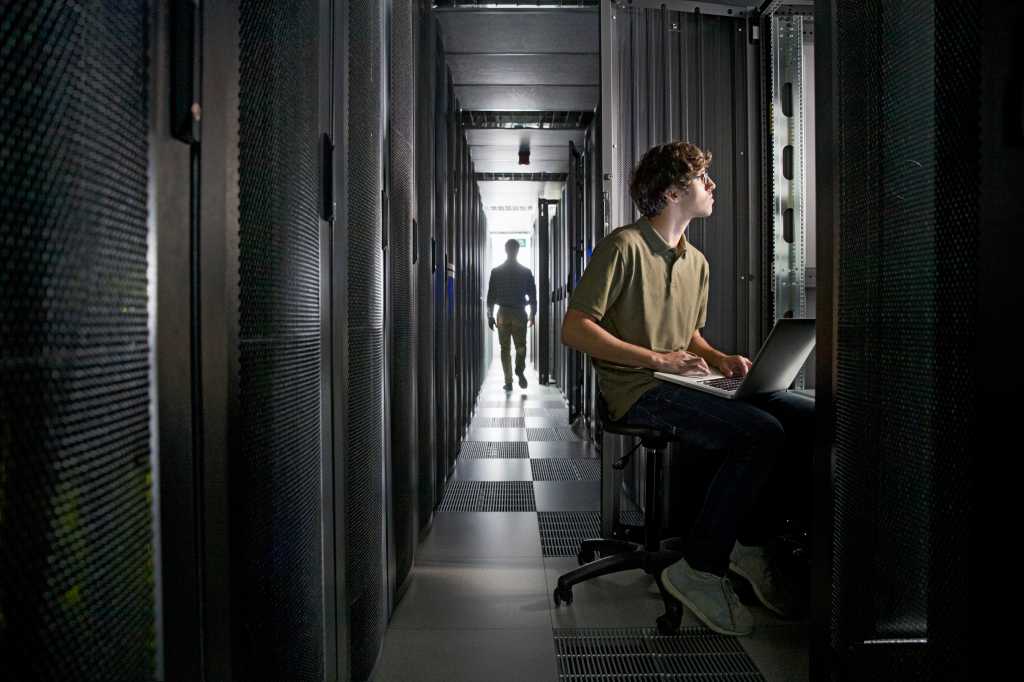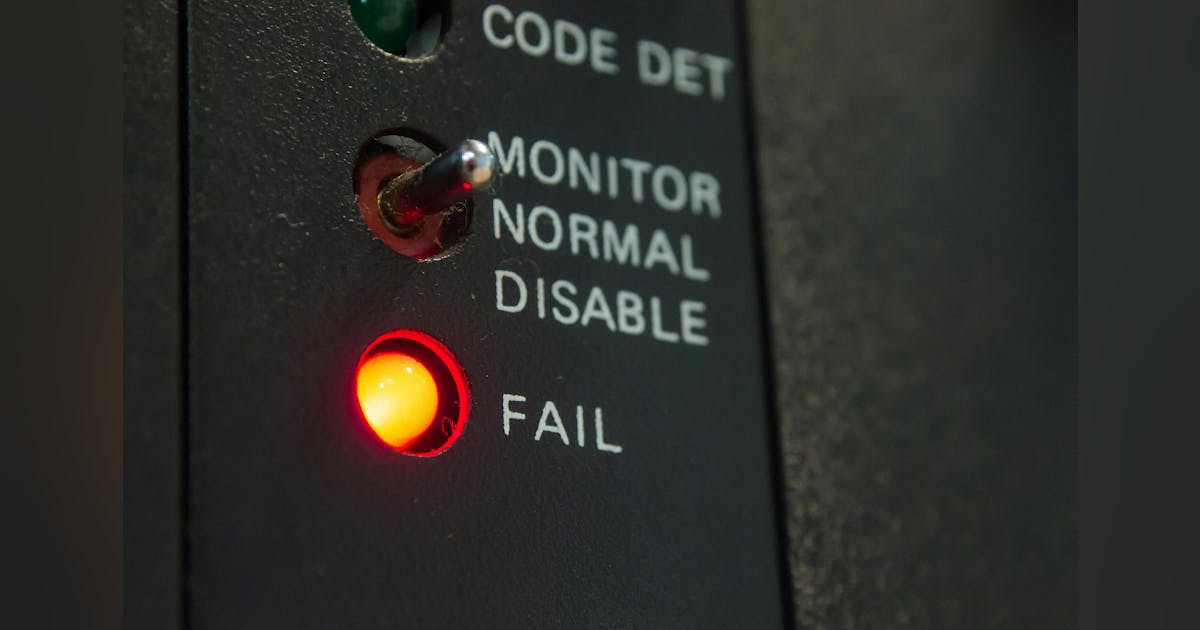This is today’s edition of The Download, our weekday newsletter that provides a daily dose of what’s going on in the world of technology.
AI models are using material from retracted scientific papers
The news: Some AI chatbots rely on flawed research from retracted scientific papers to answer questions, according to recent studies. In one such study, researchers asked OpenAI’s ChatGPT questions based on information from 21 retracted papers on medical imaging. The chatbot’s answers referenced retracted papers in five cases but advised caution in only three.
The bigger picture: The findings raise serious questions about how reliable AI tools are at evaluating scientific research, or answering people’s health queries. They could also complicate efforts to invest in AI tools for scientists. And it’s not an easy problem to fix. Read the full story.
—Ananya
Join us at 1pm ET today to meet our Innovator of the Year
Every year, MIT Technology Review awards Innovator of the Year to someone whose work we admire. This year we selected Sneha Goenka, who designed the computations behind the world’s fastest whole-genome sequencing method.
Her work could transform medical care by allowing physicians to sequence a patient’s genome and diagnose genetic conditions in less than eight hours.
Register here to join an exclusive subscriber-only Roundtable conversation with Goenka, Leilani Battle, assistant professor at the University of Washington, and our editor in chief Mat Honan at 1pm ET today.
The must-reads
I’ve combed the internet to find you today’s most fun/important/scary/fascinating stories about technology.
1 There’s scant evidence tylenol use during pregnancy causes autism
The biggest cause of autism is genetic—that’s why it often runs in families. (Scientific American $)
+ Anti-vaxxers are furious the White House didn’t link autism to vaccines. (Ars Technica)
+ The company that sells Tylenol is being forced to defend the medicine’s safety. (Axios)
2 Nvidia is investing up to $100 billion in OpenAI
OpenAI is already a major customer, but this will bind the two even more closely together. (Reuters $)
+ America’s top companies keep talking about AI—but they can’t explain its upsides. (FT $)
3 Denmark’s biggest airport was shut down by drones
Its prime minister refused to rule out Russian involvement. (FT $)
+ Poland and Estonia have been speaking up at the UN about Russian incursions into their airspace. (The Guardian)
4 Google is facing another antitrust trial in the US
This one will focus on remedies to its dominance of the advertising tech market. (Ars Technica)
+ The FTC is also taking Amazon to court over accusations the company tricks people into paying for Prime. (NPR)
+ The Supreme Court has ruled to allow Trump’s firing of a Democrat FTC commissioner. (NYT $)
5 Here’s the potential impact of Trump’s H-1B crackdown on tech
It’s likely to push a lot of skilled workers elsewhere. (Rest of World)
6 How TikTok’s deal to stay in the US will work
Oracle will manage its algorithm for US users and oversee security operations. (ABC)
+ It’s a giant prize for Trump’s friend Larry Ellison, Oracle’s cofounder. (NYT $)
+ Trump and his allies are now likely to exert a lot of political influence over TikTok. (WP $)
7 Record labels are escalating their lawsuit against an AI music startup
They claim it knowingly pirated songs from YouTube to train its generative AI models. (The Verge $)
+ AI is coming for music, too. (MIT Technology Review)
8 There’s a big fight in the US over who pays for weight loss drugs
Although they’ll save insurers money long-term, they cost a lot upfront. (WP $)
+ We’re learning more about what weight-loss drugs do to the body. (MIT Technology Review)
9 How a lone vigilante ended up blowing up 5G towers
A little bit of knowledge can be a dangerous thing. (Wired $)
10 The moon is rusting 🌕
And it’s our fault. Awkward! (Nature)
Quote of the day
“At the heart of this is people trying to look for simple answers to complex problems.”
—James Cusack, chief executive of an autism charity called Autistica, tells Nature what he thinks is driving Trump and others to incorrectly link the condition with Tylenol use during pregnancy.
One more thing

Maybe you will be able to live past 122
How long can humans live? This is a good time to ask the question. The longevity scene is having a moment, and a few key areas of research suggest that we might be able to push human life spans further, and potentially reverse at least some signs of aging.
Researchers can’t even agree on what the exact mechanisms of aging are and which they should be targeting. Debates continue to rage over how long it’s possible for humans to live—and whether there is a limit at all.
But it looks likely that something will be developed in the coming decades that will help us live longer, in better health. Read the full story.
—Jessica Hamzelou
We can still have nice things
A place for comfort, fun and distraction to brighten up your day. (Got any ideas? Drop me a line or skeet ’em at me.)
+ This website lets you send a letter to your future self.
+ Here’s what Brian Eno has to say about art.
+ This photographer takes stunning pictures of Greenland.
+ The Hungarian dish Rakott krumpli isn’t going to win any health plaudits, but it looks very comforting all the same.





















